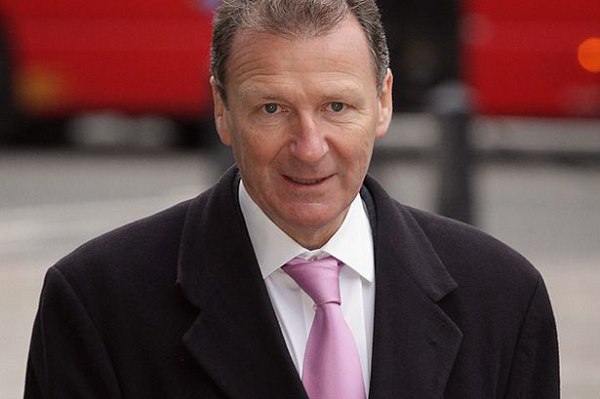In September 2012, the Institute of Democratic Governance (IDEG), organised a public lecture in the run-up to the election that year.
The public lecture was on the theme, “Managing political and administrative transitions: The British Experience.”
The speaker, Lord Gus O’Donnel, who had retired from a long career in the civil service after becoming its Head and Secretary to the Cabinet, but was at the time of his visit a member of the United Kingdom House of Lords, shared with his audience, public service in its pristine form.
After about two decades of the government of Prime Minister (PM) Margaret Thatcher (which was about the longest tenure in the 20th century of the government of the United Kingdom (UK) power was handed over to Tony Blair of the Labour Party.
After ruling for more than a decade, PM Blair handed over power to a coalition of conservatives, who had been in opposition for more than 10 years and liberal democrats, who had not tasted political power for a much longer time.
The coalition, the Conservative-Liberal Democrat government, led by David Cameron, was a mixed variety of politicians with different ideologies about governance.
Before the election, Lord O’Donnel shared his knowledge on working with top civil servants, and held meetings with members of all the parties to gain a firmer understanding of their perspectives on governance.
They also studied the manifestos of the various parties for a firmer grasp of the policy options being offered.
Civil servants then understudied coalitions in other jurisdictions such as New Zealand for best practices in political and administrative transitions.
Finally, they created possible scenarios on government types that could emerge after the elections, and how they, as civil servants would fit in, helping for a smooth governance and service to the public.
When the elections were concluded, Lord O’Donnel and his team met with members of the coalition to understand their key perspectives on governance, the key themes in the manifestos of the two parties’ leadership that were keen on implementation and how to ensure a balance between the competing ideologies of the parties joined in governance.
Their overall aim in doing all these was for the smooth running of the government machinery and to ensure smooth service to the people.
Six decades?
Two weeks ago, on Wednesday, January 17, as party of the multi-party reforms programme being championed by IDEG, a round-table discussion on “Six decades of the Ghana Public Sector: Issues and prospects” was held in Accra.
The programme brought together veteran public servant and a former head of the Civil Service, Dr Alex Glover-Quartey, as well as the Chairperson of the Public Services Commission (PSC), Mrs Bridget Katsriku.
The challenges of the public service of the country were well-defined, including the lack of coordination among institutions, the interference by politicians and their deep-seated fear of public servants and their agenda to sabotage governments, massive sackings of personnel during transitions because of the perception of the in-coming government about the affiliation of public servants’ affiliations to the out going government and a host of other inefficiencies.
For most Ghanaians like myself who do not know any big shot in the public service to “facilitate” the meeting of my needs when I get to an office, the sheer time-wasting tactics employed by these “lords” in various offices of the public service is, to say the least, annoying!
The attitudes by most public servants who boldly foist in one’s face the message that, “you are troubling and annoying me!” when I am in an office for a service, is disheartening!
How can we have an effective public service when those charged with the responsibility to liaise effectively with the government and the public, constantly believe that their work is “an annoying activity?”
These attitudes of public servants would only change with a reorientation, championed by the President himself, as Dr Alex Glover-Quartey said at the meeting.
It will also take a conversation around the type of public service needed, by the politicians and senior members of the service.
Meantime, it would also call for all to demand better services and letting all public servants know in no uncertain terms tha; “we pay them!”
Writer’s email: caroline.boateng@graphic.com.gh

